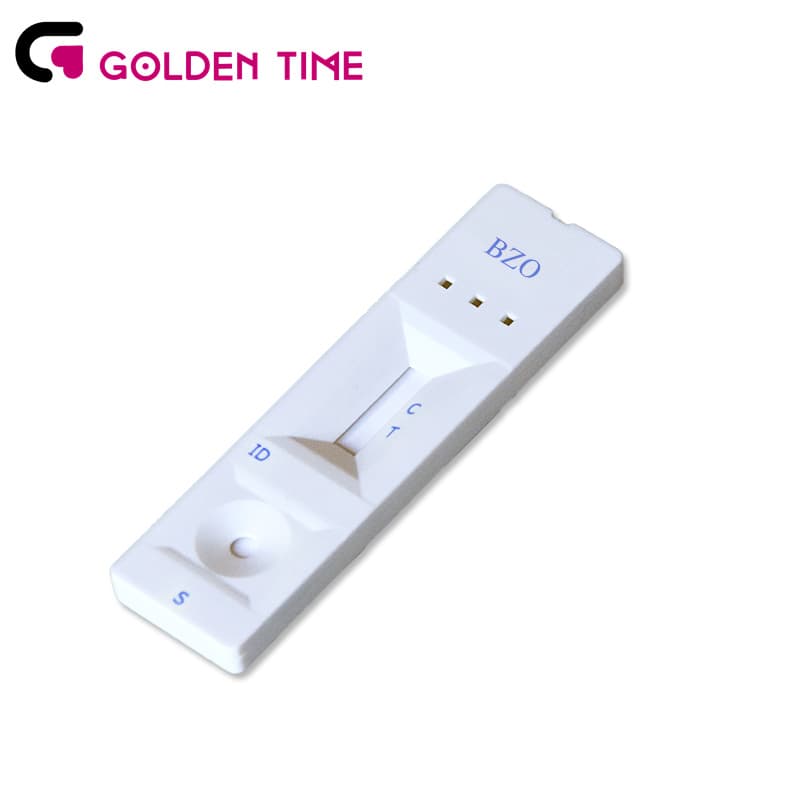Dec . 11, 2024 03:49 Back to list
HIV Antibody Test Suppliers for HIV-1 and HIV-2 Detection and Diagnosis
Understanding HIV Antibody Testing A Focus on HIV-1 and HIV-2
HIV (Human Immunodeficiency Virus) remains a significant global health challenge, necessitating the development and accessibility of comprehensive testing solutions. Antibody tests for HIV-1 and HIV-2 are crucial in diagnosing and managing the virus, assisting healthcare professionals and individuals in understanding their health status. This article explores the significance of these tests, the differences between HIV-1 and HIV-2, and the role of suppliers in providing quality testing solutions.
HIV-1 vs. HIV-2
Human Immunodeficiency Virus has two primary types HIV-1 and HIV-2. HIV-1 is the most common strain globally, accounting for the majority of HIV infections. It is widespread in various populations and is known for its rapid progression to AIDS (Acquired Immunodeficiency Syndrome). On the other hand, HIV-2 is less common and primarily found in West Africa. It generally leads to a slower progression to AIDS and is less transmissible. Understanding these differences is crucial for effective diagnosis and treatment.
Both types of HIV affect the immune system, gradually depleting CD4 T-cells, which are vital for the immune response. Without treatment, HIV infection can result in severe immune compromise, leading to the development of AIDS, which exposes individuals to opportunistic infections and various disease manifestations.
The Importance of Antibody Testing
Antibody tests are a foundational tool in diagnosing HIV. They detect the presence of antibodies produced by the immune system in response to the virus. Typically, antibodies to HIV can be detected within weeks to months after exposure. Testing is the first step in understanding an individual's HIV status, which is vital for early intervention and successful management.
There are two primary types of antibody tests third-generation tests, which detect antibodies to HIV, and fourth-generation tests, which can also detect the p24 antigen, a protein associated with HIV-1. The advantage of fourth-generation tests is their ability to detect HIV infection earlier than third-generation tests.
hiv 1 hiv 2 antibodies test suppliers

Suppliers of HIV Testing Solutions
The effectiveness of HIV testing significantly depends on the quality and availability of testing solutions, which are provided by various suppliers. Reliable suppliers play a crucial role by offering accurate, cost-effective, and easy-to-use testing products. Factors influencing the selection of suppliers include regulatory compliance, product reliability, and technical support.
Renowned suppliers typically provide a range of testing options, including rapid tests, laboratory tests, and home testing kits. Rapid tests are particularly beneficial in resource-limited settings, providing quick results in less than 30 minutes. They are pivotal in outreach programs, helping to reduce barriers to HIV testing and encouraging more individuals to get tested.
Laboratory-based tests, on the other hand, tend to be more accurate and are often used for confirmatory testing after initial positive results from rapid tests. Home testing kits have gained popularity over the years, offering individuals privacy and convenience while ensuring that they can access their results without the need to visit a healthcare facility.
Conclusion
The fight against HIV hinges on accurate and accessible testing methods. Understanding the differences between HIV-1 and HIV-2 is critical for diagnosis and treatment. Antibody tests serve as the cornerstone of HIV diagnosis, facilitating early detection and timely intervention.
With the support of reliable suppliers, healthcare systems can enhance their testing capabilities, ensuring that individuals receive quality testing services. The availability of diverse testing options empowers individuals to take charge of their health, ultimately leading to better health outcomes and contributing to global efforts to combat the HIV epidemic. By fostering awareness of HIV testing and supporting advancements in testing technologies, we can work together to create a healthier future free from the stigma of HIV.
In conclusion, the partnership between healthcare providers and suppliers of HIV testing solutions is essential in addressing the ongoing challenges posed by this virus. With increased awareness, education, and easy access to testing, the world can make strides toward reducing the impact of HIV-1 and HIV-2.
-
HIV-1/2 Ab Combo Rapid Test Kit for Fast, Reliable Blood Screening
NewsJul.27,2025
-
High-Quality Nasal Swab for Accurate Testing – Fast Results
NewsJul.26,2025
-
One Step LH Ovulation Test Kit - Accurate & Easy At-Home Fertility Tracking
NewsJul.25,2025
-
Sterile Urine Cup for Accurate Specimen Collection | Leak-Proof Design
NewsJul.24,2025
-
High Quality Cassette Lateral Flow for Accurate Testing Solutions
NewsJul.23,2025
-
Malaria PF / PAN AG Rapid Test – Accurate & Fast Malaria Diagnosis
NewsJul.22,2025

